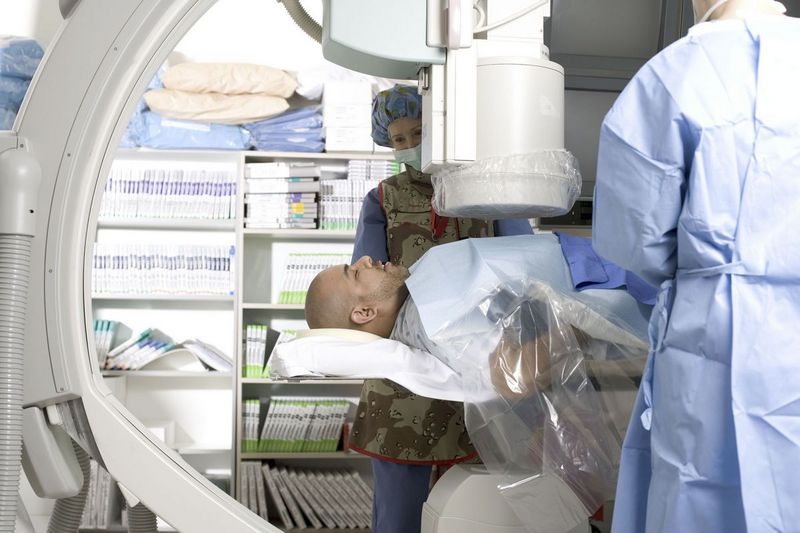
If your stool-based colon cancer test should come back positive, just how long it takes for you to get follow-up care may depend on your hospital, a new study finds.
The study of more than 62,000 patients cared for in four different U.S. health care systems found that the time to a colonoscopy following a positive stool-based test ranged anywhere from 41 days to almost 6 months, depending upon the hospital.
Too long a wait for a follow-up colonoscopy — needed to detect cancer — could have grave consequences, the study authors said.
“If a patient hasn’t received a colonoscopy within 6 months of a positive fecal blood test, they are unlikely to in the future — at least not without some further intervention,” study lead author Jessica Chubak said in a news release from the journal Cancer Epidemiology, Biomarkers & Prevention. The study was published in the journal on Feb. 3.
A fecal occult blood test is a recommended and noninvasive test for colon cancer based on a stool sample. Typically, patients whose test comes back positive — indicating blood in the stool, a potential sign of cancer — are then referred to a follow-up colonoscopy.
The study patients, aged 50 to 89, all received a positive result on a fecal blood test between the start of 2011 and the end of 2012.
Chubak’s team found a significant range in the median length of time between the positive fecal blood test and any follow-up colonoscopy for patients across the four health care systems. The median times for each health system were 41, 47, 84 and 174 days.
The chance that a particular patient might get his or her follow-up colonoscopy within one year of a positive stool-based test ranged from about 58 percent to nearly 84 percent, depending on the hospital system, the investigators found.
The oldest patients, those aged 70 to 89, were least likely to undergo a follow-up colonoscopy. Rates were also lower for patients who had never before been tested for colorectal cancer and for those with other health problems, Chubak’s team said in the news release.
The findings “may help health care providers and systems identify patients in need of targeted interventions to complete follow-up,” said Chubak, who is an associate investigator at Group Health Research Institute in Seattle.
The study did not examine whether delays in getting follow-up colonoscopies increased the risk of death from colorectal cancer, but that will be examined in future studies, Chubak said.
One expert said the findings bring up “important issues” in colon cancer screening and care.
Delays in patient follow-up are “not a new problem,” said Dr. Minhhuyen Nguyen, director of clinical gastroenterology at the Fox Chase Cancer Center in Philadelphia. “Various studies have identified patient and physician factors concerning why colonoscopies are not performed in a timely fashion,” she added.
Nguyen believes that money could be one factor, since “the recent cut [by Medicare] in reimbursement for colonoscopy may compound the problems of this needed targeted intervention.”
But there may also be good reasons why older patients, especially, aren’t referred to colonoscopy.
“Risks such as perforation, bleeding or sedation complications associated with colonoscopy rise with advanced age and/or significant medical [illnesses],” Nguyen said. These types of patients “should meet with the endoscopist in advance of the procedure for further evaluation,” she suggested.
More information
The U.S. National Cancer Institute has more about colon cancer screening.
Source: HealthDay

Leave a Reply